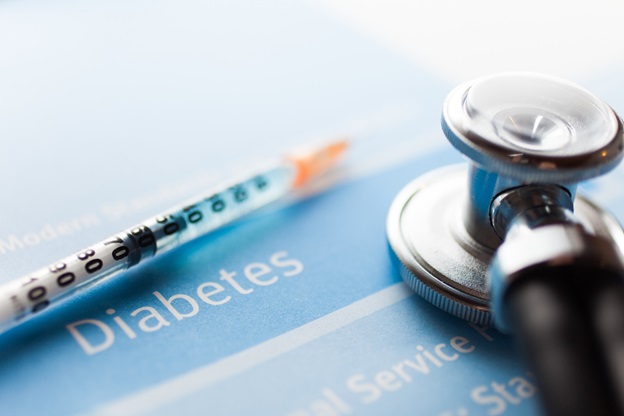Delving into the world of hygiene appointments, have you ever wondered what exactly happens during a hygiene appointment? Or perhaps you’ve asked yourself whether these appointments and the price tag are really necessary. Rest assured that many others have; therefore, this article delves into the world of hygiene appointments with a local dentist St John’s Wood to understand their true essence.
The basics of hygiene appointments
Hygiene appointments, also known as dental cleanings, are routine visits to a dental hygienist. These professionals are trained to clean your teeth and gums, removing plaque and its hardened calcified form tartar, addressing cavities and gum disease by preventing them before they occur. But it’s not just about cleaning. Hygiene appointments are also about education and prevention. They provide an opportunity to learn about proper oral care and prevent dental issues before they become serious problems.
The detailed process of a hygiene appointment
A hygiene appointment, often referred to as a dental cleaning, is a systematic process that involves several steps, each designed to ensure the health of your teeth and gums.
The appointment begins with a warm welcome from your dental hygienist, who will guide you through the process. The first step is a thorough examination. Using a small mirror, the hygienist will inspect your teeth and gums for any signs of oral diseases. They’ll be on the lookout for inflammation or redness that could indicate gingivitis or gum pockets that might suggest periodontitis. They’ll also check for cavities, which are areas of tooth decay that can lead to discomfort and other dental problems if left untreated.
In addition to visual inspection, the hygienist may also take X-rays to get a better view of your teeth and jawbone; this can help them detect hidden issues, such as cavities between your teeth or bone loss due to periodontitis.
Once the examination is complete, the hygienist will proceed with the cleaning process. They’ll use a special tool called a scaler to remove plaque and tartar, also known as calculus, is hardened plaque that can’t be removed with regular brushing and flossing.
After the scaler, the hygienist will use a high-powered electric brush and abrasive toothpaste to polish your teeth. This process helps to remove any remaining plaque or tartar and leaves your teeth shiny and smooth.
The importance of hygiene appointments

Now, you might be wondering, “Are hygiene appointments really necessary?” The answer is a resounding yes. Regular hygiene appointments are crucial for maintaining good oral health. They allow for early detection of dental issues, which can save you from uncomfortable and costly treatments in the future. Moreover, a clean and healthy mouth can boost your overall health. Research has shown that poor oral health can contribute to various health problems, including heart disease and diabetes.
The frequency of hygiene appointments
How often should you have a hygiene appointment? It depends on your individual needs. Some people may need to visit the hygienist every three months, while others may only need to go once a year. Your dental hygienist will have the insight to recommend a tailed schedule for you based on your oral health status.
The cost-effectiveness of hygiene appointments
While the cost of hygiene appointments might seem high initially, it’s important to consider the long-term benefits and savings. Regular hygiene appointments can prevent serious dental issues that would require expensive treatments. For instance, a filling for a cavity or a root canal treatment to resolve an infection will cost significantly more than a routine hygiene appointment.
Therefore, hygiene appointments are not just an expense but an investment in your health that can save you money in the long run.
The psychological benefits of hygiene appointments
Beyond the physical health benefits, hygiene appointments also have psychological benefits. A clean, healthy mouth can boost your self-confidence and improve your social interactions. It’s no secret that a bright, healthy smile can make a great first impression. Moreover, knowing that you’re taking good care of your oral health can give you peace of mind. Regular hygiene appointments can also help reduce dental anxiety by familiarising you with the dental environment and procedures. So, hygiene appointments contribute not only to your physical well-being but also to your mental and emotional health.
The broader perspective on hygiene appointments
So hygiene appointments are not just about your teeth and gums. They’re about your overall health and well-being. They’re about preventing diseases and promoting health. They’re about learning and understanding how to take care of your body. And they’re about investing in yourself. By attending regular hygiene appointments, you’re investing in your health, your confidence, and your future.
The final word on hygiene appointments
So, are hygiene appointments really necessary? Absolutely. They’re an essential part of maintaining good oral health and overall well-being. They’re about more than just cleaning your teeth. They’re about education, prevention, and investment in yourself. So, the next time you’re thinking about skipping your hygiene appointment, remember its true essence and the benefits it brings. After all, your health is your wealth.

